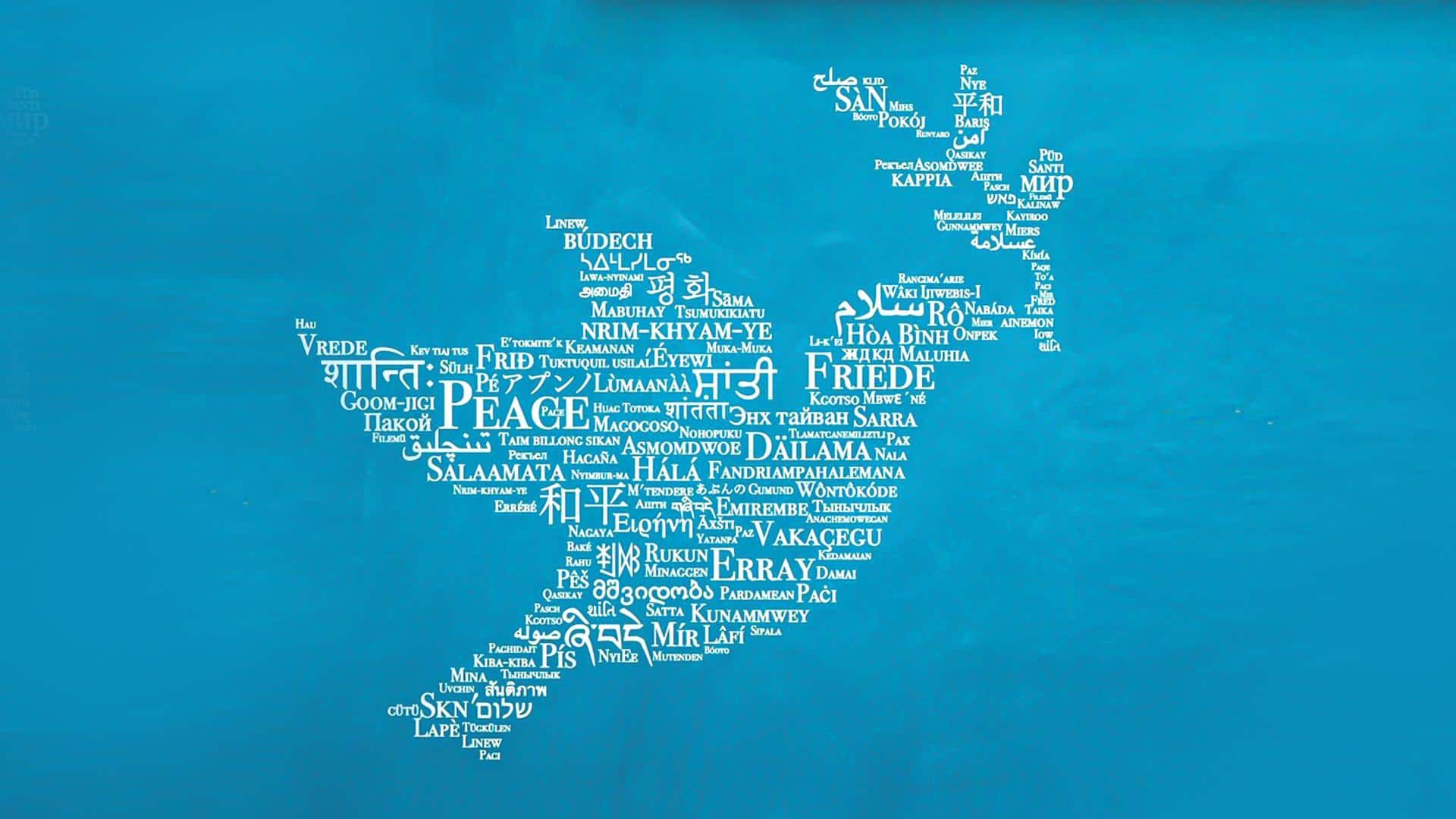
International Mother Language Day 2023: History, theme, significance, and more
What's the story
Over 6000 languages are spoken across the world today. However, increased globalization has led to linguistic hegemony, which over period has killed many indigenous languages across the world, particularly in the countries which were colonized. International Mother Language Day is observed on February 21st every year to promote linguistic and cultural diversity. Keep reading to know further details about it.
History
History
It was Bangladesh's idea to celebrate International Mother Language Day, which UNESCO approved in 1999. UNESCO highlighted concerns over the global extinction of languages. As per the agency, 40% of the world's population does not have access to an education in a language they speak or understand. Therefore, a decision was made to observe a day to promote the importance of mother languages.
Significance
Significance
It is well recognized that several nations across the world are multilingual, or, at least, bilingual, and their languages constitute their cultural and intellectual heritage. International Mother Language Day is observed to encourage multilingual education and free speech in people's mother tongues. The day urges everyone to embrace linguistic diversity and raise awareness of diverse linguistic traditions across the world.
Theme
Theme of 2023
This year it will be the 24th edition of International Mother Language Day. The focus will be on the theme "multilingual education - a necessity to transform education." The official website of UNESCO states, "Multilingual education based on mother tongue facilitates access to and inclusion in learning for population groups that speak non-dominant languages, languages of minority groups and indigenous languages."
Indian languages
Mother languages in India
According to the census, more than 19,500 languages or dialects are spoken in India. There are 121 languages spoken by 10,000 or more people in India. The Eighth Schedule of the Constitution enlists the following scheduled languages spoken in India: Assamese, Bengali, Gujarati, Hindi, Kannada, Kashmiri, Konkani, Malayalam, Manipuri, Marathi, Nepali, Oriya, Punjabi, Sanskrit, Sindhi, Tamil, Telugu, Urdu, Bodo, Santhali, Maithili, and Dogri.
Multilingualism
Multilingual education is a necessity to transform education
Multilingual education based on one's mother tongue is a kind of education that begins with the learner's native language and then progressively introduces additional languages. This method allows students to explore the classroom environment in their own language, allowing them to learn more effectively. Multilingualism helps to build inclusive communities by allowing diverse cultures, worldviews, and knowledge systems to coexist and cross-pollinate.